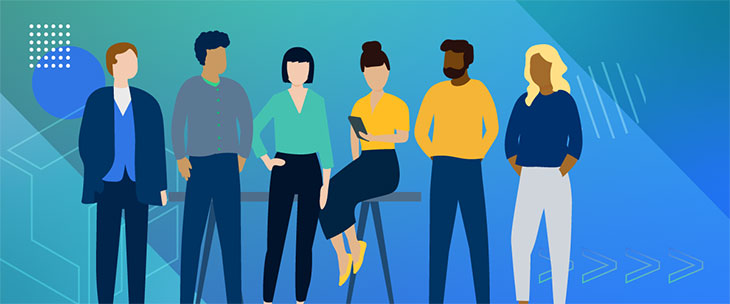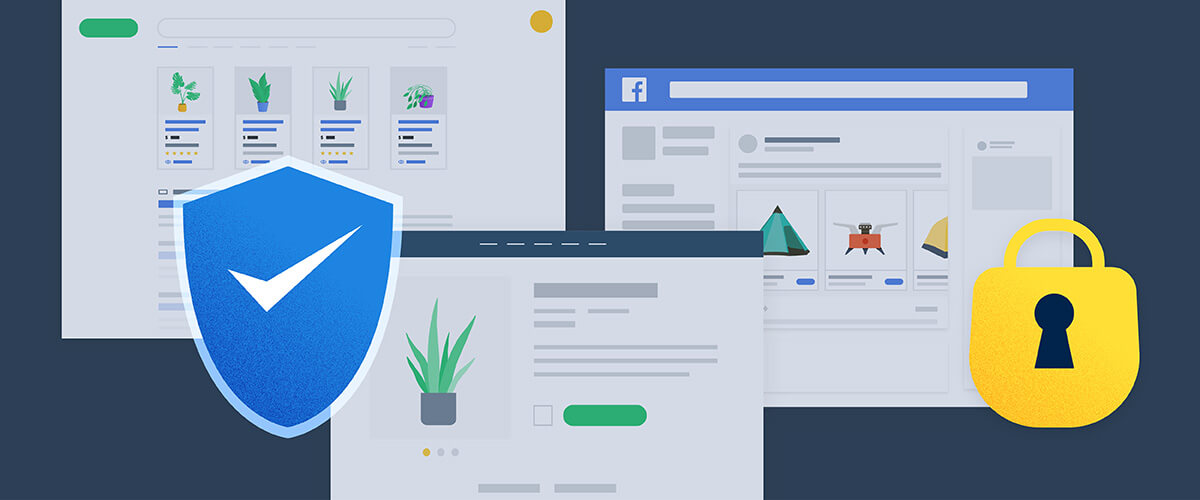Google announced recently that it’s ending its experiment with Google Glass, As of January 19th, the product will no longer be readily available to the consumer. While some wonder if this is it for Google’s highly-publicized, high-tech experience, most of us are pretty sure that this is just a “see you later.”
Consumers Wanted It
When Google first launched the product, we all had visions of the future in our heads. In its first, more exclusive beta test, it was only available to qualified “explorers”, i.e., whoever sounded the coolest onTwitter (Google had people contact them via tweets if they wanted to take part in the Explorer program).
You can still find videos on YouTube showing what the Google Glass experience was supposed to be — fit, beautiful, and interesting people doing some high-tech, dangerous, or artsy job while wearing an ultra-modern outfit and the signature tiny camera/screen in the corner of their eye.
This was what awed everyone in the beginning. Wearable technology? We were all blown away. How cool. How cutting edge.
…Then They Didn’t.
However, in practice, Glass wasn’t quite as well-received as one would have imagined — not necessarily by those who paid $1500 to beta-test them, but rather, by whomever shared a space with the Glass wearers.
Martha Pease of DemandWorks put it well in an opinion piece for CNN where she writes, “Google designated early adopters as “Explorers,” but the outside world didn’t quite see them that way.” Glass-holes, they were soon branded, and they were kicked out of movie theaters, bars and other public spaces because of their eyewear.
The issue? Privacy.
For one, Glass wearers can videotape anything. There are also apps like the one created at the University of Massachusetts in Lowell that help the user decipher passwords on a tablet or smartphone without even seeing the screen.
The Glass functions pretty much like a smartphone in that the interface uses apps built by third-party developers to perform different functions — meaning that this type of technology really can be applied to so many different purposes.
Which is super cool…and maybe sometimes, not so cool.
And to add to the controversy, there’s already been a widely-publicized case of Google Glass addiction.
So Are We Ready for Cyborgs?
Although this stage of Glass proved the world wasn’t quite ready to accept this form of wearable technology, we will inevitably have to get used to seeing technology become part of fashion and even the human body.
Take the Cyborg Rights movement. A cyborg is a human who uses a piece of technology to gain abilities they wouldn’t normally have. And although this sounds straight out of a sci-fi novel, we have plenty of cyborgs in the world today.
For instance, Neil Harbisson, co-founder of the Cyborg Foundation, is a musician and artist who was born without the ability to see color. The antenna he has implanted in his brain actually translates color into music — so he actually hears colors instead. And Harbisson has this to say about being a cyborg:
“It’s a feeling that you’re not using technology and that you’re not wearing technology; it’s feeling that you are technology.”
Check out his TED talk to hear more about how this works — it’s fascinating. But back to the Glass..
Future Versions of Glass in Store For Earthlings
Long story short, Google taking Glass off the market means that they see the controversy and recognize the challenges they face with this project. Moving toward future versions of the project, they have changed the way the project will be managed and are hoping to come up with some new ideas for further development.
Tony Fadell, executive director of Google’s Nest division and formerly of Apple (and the iPod), will be overseeing the product, and supposedly his strong background in product design will help make the device more socially acceptable to wear. Glass will stay under Google’s wing, but become more autonomous.
As they say, Glass is graduating.
In the meantime, we can’t wait to see what the next big thing will be.
TTFN, Glass…ta-ta for now.

Logical Position, an Inc. 500 digital agency supporting 5,000+ clients across North America. LP is the proud recipient of Google’s Lead Generation Premier Partner of the Year and Microsoft's Global Channel Partner of the Year 2024! The award-winning agency offers full-service PPC management, SEO, Paid Social, Amazon and Creative Services for businesses large and small. As a Google Premier Partner, Microsoft Elite Partner & Meta Business Partner, LP is in the top 1% of ad spend managed across platforms.



